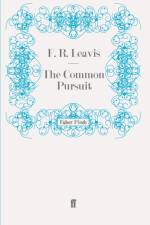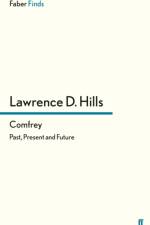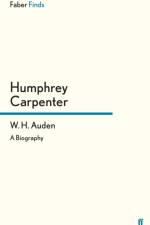- A Cautionary Tale
von Christopher Serpell & Douglas Brown
16,00 €
This novel was first published by Faber in August 1940 under the title, The Loss of Eden. It was then reissued by the British Publishers Guild (a wartime cooperative venture), in March 1941, with the more arresting and overt title, If Hitler Comes: A Cautionary Tale. It was a work of speculative fiction with a moral purpose. It was a counterblast to the waverers, to those of a defeatist mien who could convince themselves an arrangement between Great Britain and Nazi Germany wouldn't be such a bad thing after all. The original Faber book description asks, 'What would it be like in England, if, after a premature peace on plausibly equal terms, we found that this ''peace'' had merely delivered us completely into Hitler's hands?' It continues, 'The imaginary New Zealand journalist, writing retrospectively as an eye-witness from the security of the Antipodes, tell us what happened - or rather what might have happened. And so precise and logical does he make the narrative, so real the characters, so vivid the scenes, that in reading we are almost persuaded that it did happen. Then we say: ''Nothing could be worse than that!''In their foreword and dedication, the authors, Douglas Brown and Christopher Serpell, write:'This is no fanciful picture. It is painted from life, with England as the background instead of Bohemia or Poland or any other country now under the Nazi heel. It is not intended to cause despondency or alarm, but to confirm and justify that resolution with which we are now fighting.If such a tale is to have a dedication it can only be to:THOSE WILL NOT LET THIS HAPPEN''It is a work of fiction, but the authors write so convincingly and have so keenly observed recent events and the men who have helped to fashion them that their narrative reads like a true historical picture of England with Hitler and the Nazis in control. This remarkable book should be widely read, not merely as an awful warning, but also because it is so movingly and skilfully written.' Education 'The events it describes are so appallingly life-like that I found it difficult to remember that I was only reading a 'novel' . . . If the Ministry of Information want to attack defeatism, they should distribute free copies throughout Whitehall and the country houses of England.' New Statesman and Nation






























